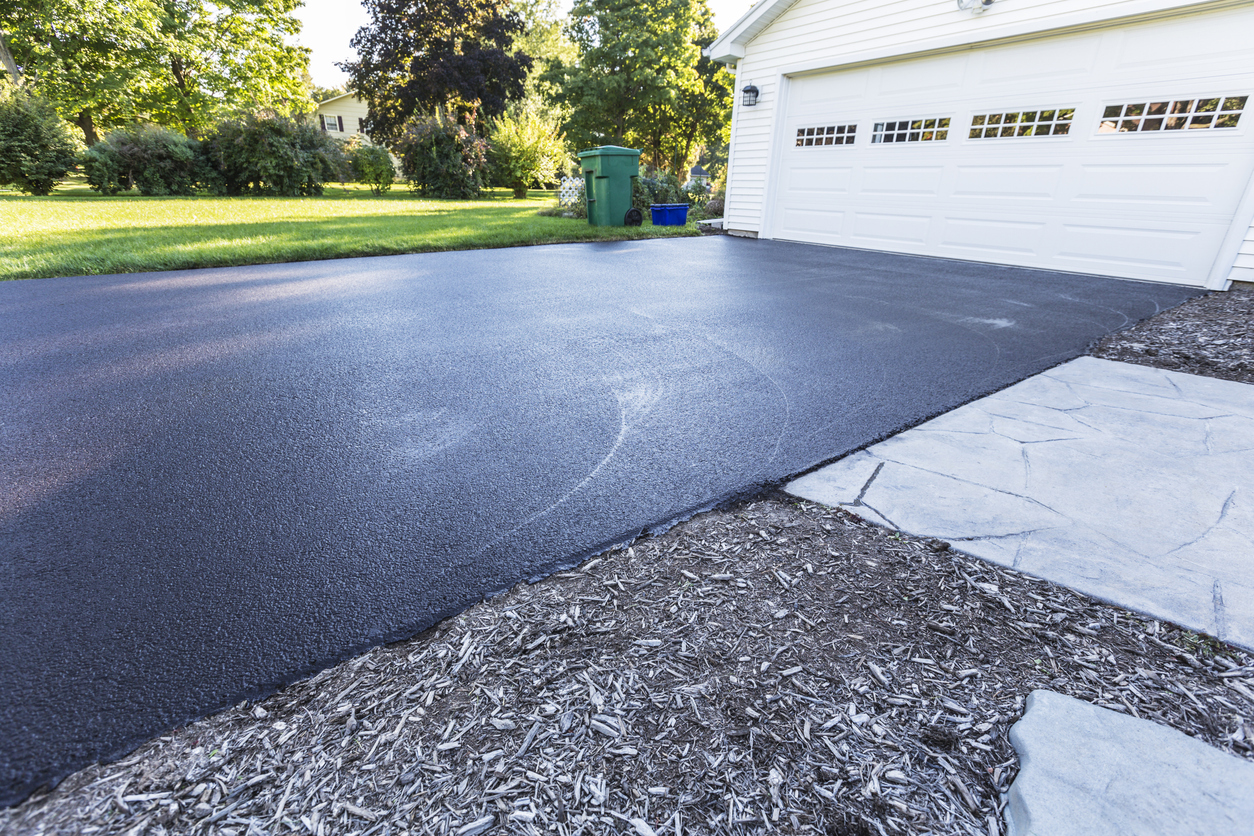
Making the decision to invest in an asphalt driveway for your property requires careful consideration of several important cost factors. Whether you’re upgrading an existing driveway or installing a new one, understanding these financial considerations in Naples, FL, will help ensure you budget effectively and are satisfied with your investment for years to come.

The Size and Thickness of Your Driveway
A primary factor influencing the cost of an asphalt driveway is its size. Larger driveways demand more materials and labor, leading to a higher overall price. Similarly, the thickness of the asphalt layer significantly impacts the cost; thicker driveways, designed to withstand heavier vehicles or higher traffic, require more asphalt, thereby increasing the project expense.
Type of Asphalt and Material Costs
The asphalt market offers various options, each with distinct advantages and price points. High-quality asphalt, while more expensive initially, offers greater durability and longevity, potentially saving money on future repairs or replacements. Additionally, the cost of materials can vary significantly based on your location’s market rates and the availability of asphalt.
Site Preparation Requirements
The condition of your property can add complexity and costs to your driveway project. Site preparation steps, such as grading for proper drainage or removing existing driveway materials, are necessary tasks that can influence the bottom line. Ensuring a proper foundation is crucial for a durable and long-lasting driveway but requires additional work upfront.
Maintenance and Repair: Planning for the Long Term
Initial installation costs are just one part of the financial equation. Regular maintenance, including seal coating and repair of cracks or damage, is essential for extending the lifespan of your asphalt driveway. Budgeting for these ongoing care requirements will help manage long-term expenses and keep your driveway in good condition.
The Impact of Additional Features
Customization options such as edging, stamping, or adding a heated driveway system can greatly enhance the appearance and functionality of your asphalt driveway. However, these features come at an additional cost. When planning your project, consider which enhancements are most important to you and how they align with your overall budget.
Ready to Transform Your Driveway? Let’s Talk
Investing in an asphalt driveway involves careful consideration of various factors, including size, materials, and maintenance costs. At Bonness, we’re here to help you navigate these decisions with ease. Our team is committed to delivering high-quality, cost-effective driveway solutions tailored to your needs. To receive a comprehensive quote and professional advice for your project, don’t hesitate to reach out. Contact us at (239) 597-6221 or fill out our online form. We are ready to answer your questions and guide you through the entire process, ensuring a smooth, successful addition to your property.

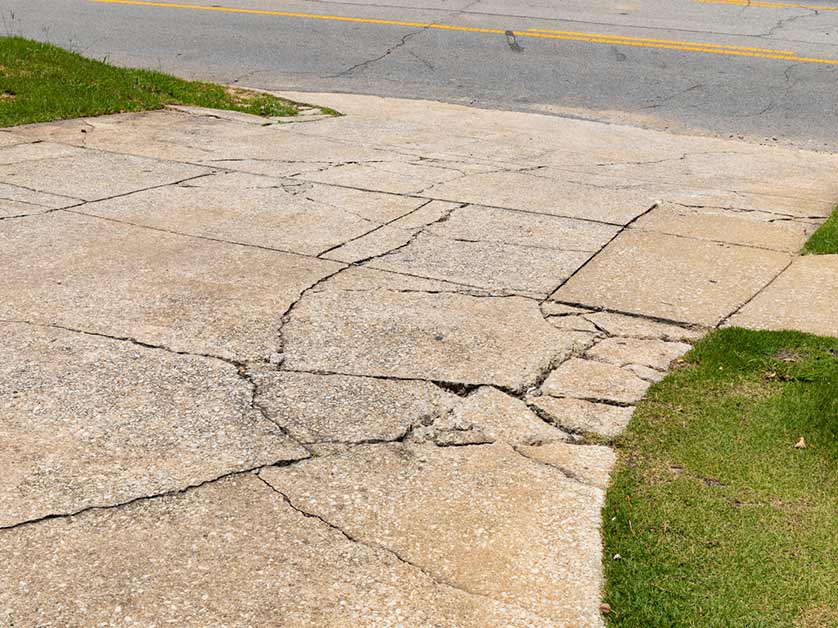
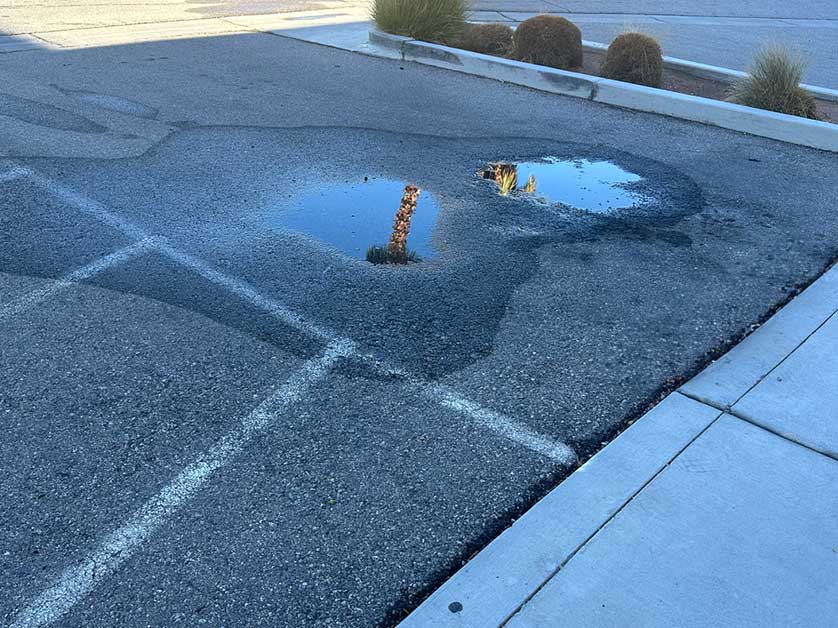
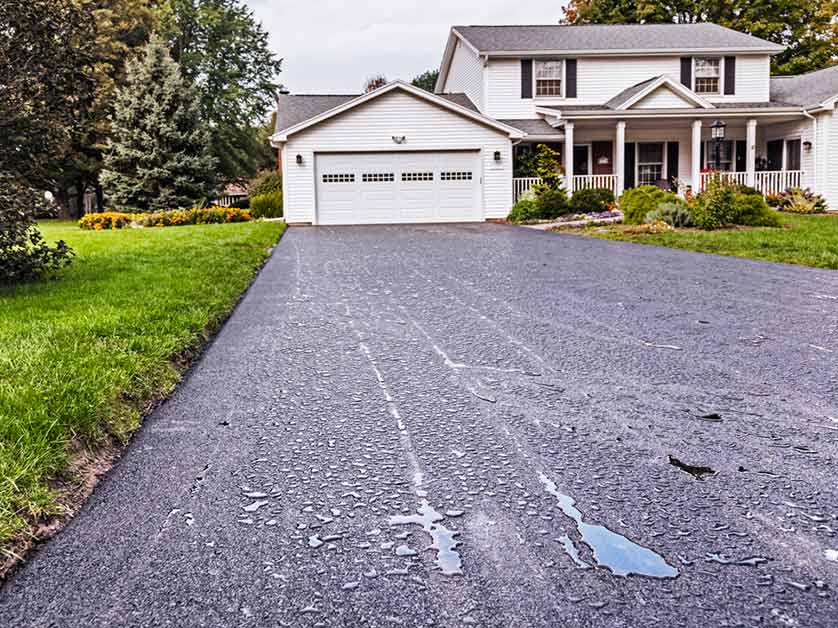
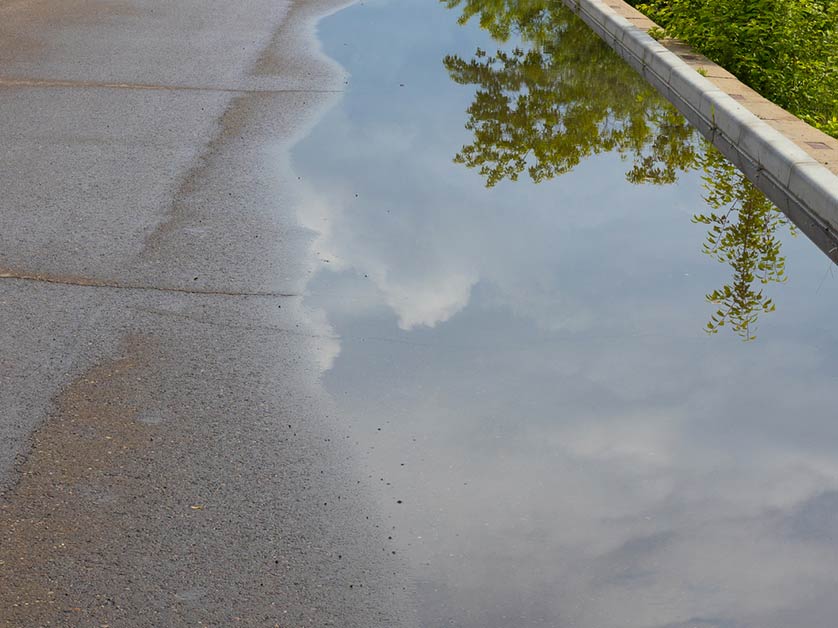
Recent Comments